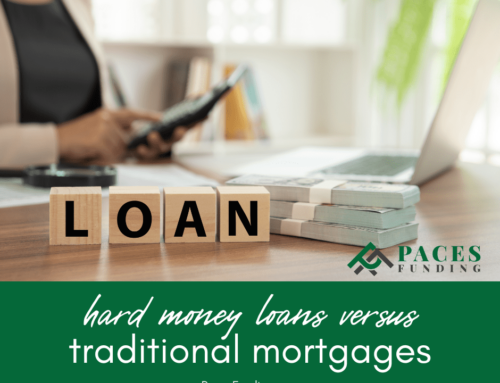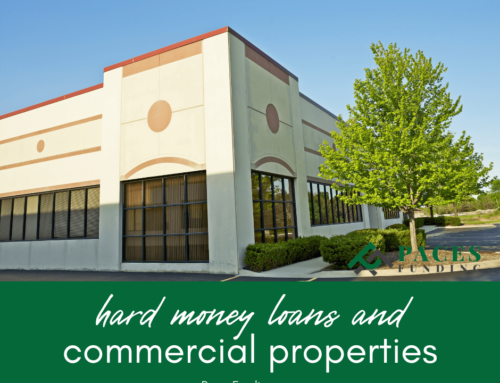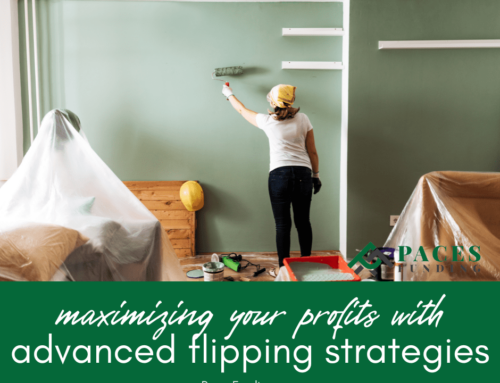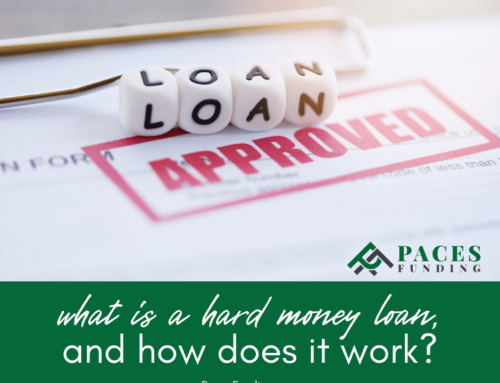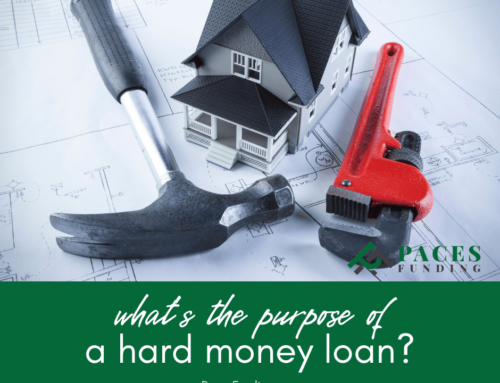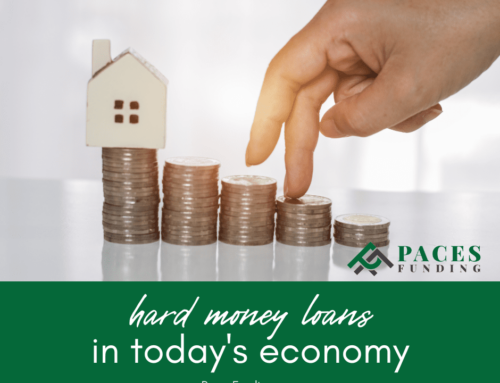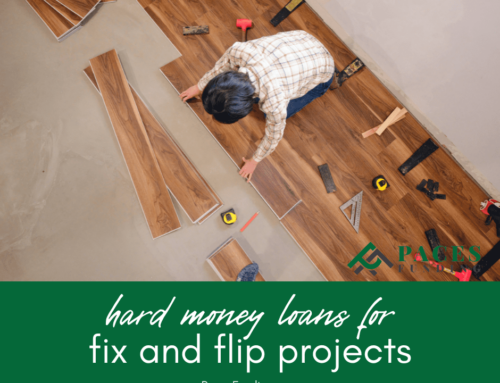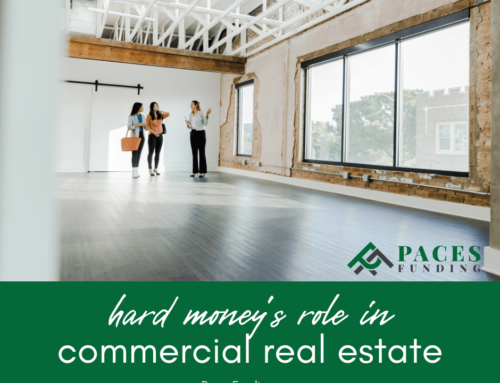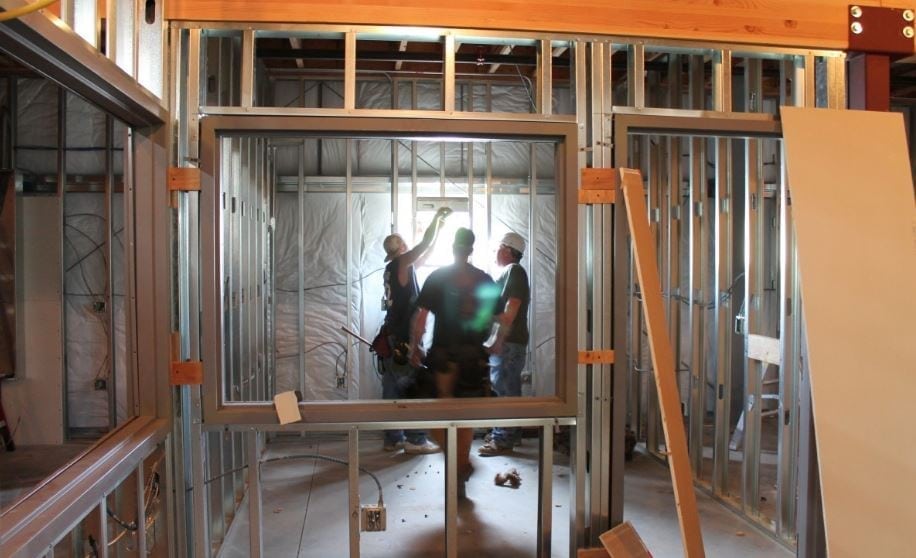
NCDOR Directive For Real Property And Real Property Contract Retail Sales Tax
The NCDOR has published a directive clarifying what services relating to real property are subjected to sales and use tax. It addresses North Carolina General Statute § 105-164.4H. The statute says that services to real property are actually to be considered retail sales and subject to sales and use tax unless the service is subject to a tax as a real property contract, as a mixed transaction contract, or is otherwise exempt from sales and use tax. Still, it specifies that all all receipts are subject to the retail sales tax unless it’s separately established otherwise by proper records.
The “real property contract” is a contract between a real property contractor (like a general contractor, a subcontractor or a builder) and another person to perform to perform what would be considered a capital improvement to real property. Meanwhile a capital improvement includes the following:
- New construction, reconstruction, or remodeling.
- Performance of work that requires a permit except repairing or replacing electrical components, gas logs, water heater, and things like that that aren’t part of remodeling, reconstruction or construction.
- Installation of utilities on utility-owned land.
- Installation of something that is attached to the real property provided that it capitalized and depreciated under Generally Accepted Accounting Principles or International Financial Reporting Standards, is depreciated under the IRS Code or is expensed under Section 179 of the IRS Code.
- Painting or wallpapering of real property unless its incidental to another repair, maintenance, and installation service.
- Replacement or installation of siding, a roof, plumbing, a septic tank system, an electrical system, an irrigation system, a sprinkler system, etc. but it doesn’t include the replacement or installation of any of things if they aren’t part of a new construction, a reconstruction, or a remodeling project.
- Replacing or installing a heating, ventilation, or air conditioning unit or system
- The installation or replacement of driveways, roads, patios, parking lots, sidewalks and decks.
- Services performed to resolve a problem associated with a real property contract so long as the services are performed within
six months finishing a real property contract. - Services performed to resolve a problem associated with a real property contract so long as the services are performed within 12 months of the new structure being initially occupied.
- Landscaping, except services to trees, flowers, and similar items if those items are in pots or if they’re inside buildings.
We should also note that the NCDOR directive declares that adding to or altering real property or even something installed to real property in general may also considered a capital improvement and subjected to a tax as a a real property contract, and not as a retail service. North Carolina form Form E-589CI can be issued to substantiate that it was a capital improvement as part of a real property contract.
Are You Looking for a Hard Money Loan to Flip a House Or Buy A Rental Property?
Paces Funding is a hard money lender offering hard money loans to purchase and renovate non-owner occupied residential and commercial properties throughout the Atlanta, Nashville, Florida, or the North and South Carolina metropolitan areas. Our application process for hard money loans is easy. Just fill out this very simple online form and you will be contacted shortly. Unlike other lenders, the window between applying and funding is very small. We have funded properties in as a little as one day, but typically funding hard money loans takes about seven to ten days.
Call us at 404-814-1644 or contact us online to find out whether you might qualify for this type of funding. In the meantime, check to ensure that you meet our loan criteria. Our loan amounts can be up to 65 percent of the after-repaired value of the collateral—and if you use the loan for renovation or construction, the loan amount can be based on the collateral’s improved value.


